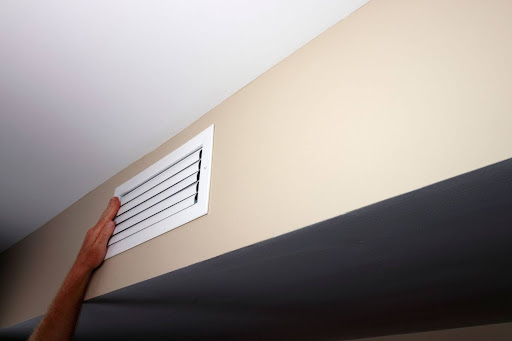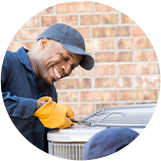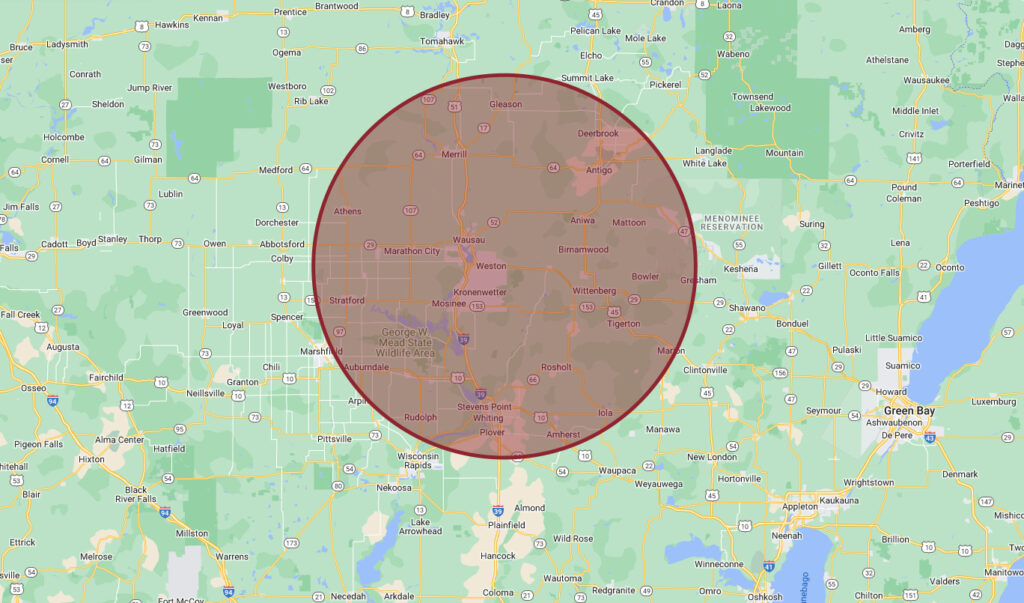It seems like a logical way to save money on energy bills: if no one is using a room, why not close the air vents to cut back on heating or cooling? While that idea might sound efficient, the reality is a bit more complicated. Your HVAC system isn’t just delivering temperature-controlled air — it’s part of a finely balanced circulatory system for your home. And when you close vents, you can throw that whole system out of whack.
We’ll walk through what really happens when you shut vents in unused rooms, why it may hurt more than help, and how to truly boost efficiency without sacrificing comfort or your system’s health. If you’ve ever wondered whether closing off a room helps or harms, read on for the answers — and a smarter way forward with help from the professionals at PGA Inc.
The Myth: Closing Vents Saves Energy and Money
The idea behind closing vents seems pretty straightforward. If you’re not using the guest room or basement, shutting the duct leading there should reduce the load on your HVAC system, right?
Unfortunately, HVAC systems don’t quite work that way. Whether you’re using a central air conditioner, heat pump, or furnace, your system is designed to circulate a set volume of air throughout your home. When you close a vent, that airflow doesn’t just stop — it gets redirected or builds up pressure inside your ducts. That added strain can lead to a cascade of problems that reduce efficiency and increase maintenance needs over time.
Rather than helping your system use less electricity or gas, it may end up working harder, pushing against unnecessary resistance and reducing its overall performance. Not exactly the energy-saver you had in mind!
The Risks: What Happens When You Close Vents
Closing off a room’s ventilation impacts far more than just the temperature in that space. Here are some of the hidden issues that can arise:
Duct Leaks and Pressure Imbalance
Your HVAC system depends on a balanced flow of air. Blocking vents causes pressure to build up in your ducts, which can lead to leaks — especially in older or poorly sealed ductwork. That lost air might end up in your attic, basement, or behind walls, wasting energy and lowering comfort throughout the home.
System Strain and Component Wear
Components like your compressor, evaporator, blower motor, and heat exchanger all operate under calculated load conditions. Extra pressure or blocked airflow forces them to work harder than they should, which can reduce their lifespan and lead to more frequent maintenance issues.
Temperature and Humidity Problems
With less air moving through certain parts of your home, humidity levels can spike, particularly in cooler rooms like the bathroom or basement. This creates an ideal breeding ground for mold and mildew, which not only smell bad but can also damage walls, floors, and furniture. Condensation can collect in vents or on windows, triggering moisture damage or staining on your ceiling and floor. A humidifier or air purifier can help, but they’re no substitute for proper airflow.
Carbon Monoxide and Health Hazards
In homes with gas-powered furnaces, blocking airflow can create carbon monoxide risks. When you close the air vents in unused rooms, it increases the strain on your system, making it more likely for the heat exchanger to crack. This can lead to a higher risk of carbon monoxide exposure in your home. While installing a carbon monoxide detector is essential, preventing system strain is the best way to protect your household.
What to Do Instead: Smart Ways to Improve HVAC Efficiency
Instead of closing vents, try these more effective — and safer — strategies to optimize comfort and savings:
Upgrade to a Programmable or Smart Thermostat
A programmable thermostat or smart thermostat helps you control the temperature of your home by zone and schedule. You can set your system to run less when you’re not home, while still keeping the house’s temperature from dropping too low or rising too high.
Use Ceiling Fans and Air Circulation
A ceiling fan can help distribute air more evenly, especially in rooms with higher ceilings or those that feel stuffy. Make sure the fan blades spin counterclockwise in the summer to push cool air down and clockwise in the winter to circulate warm air.
Schedule Regular Maintenance
Just like a car, your HVAC system needs regular care. A seasonal maintenance check ensures your air filter is clean, your refrigerant levels are correct, and your system is operating at peak efficiency. Leaks, airflow issues, and worn parts are easier — and cheaper — to fix when caught early.
Seal and Insulate
Make sure your ducts are sealed, your attic is insulated, and no air is escaping through windows or doors. Even small leaks can lead to big losses in heated and cooled air. This helps your system deliver consistent temperature across all rooms without having to overwork itself.
Think of Your HVAC as a Whole-Home Circulatory System
Your HVAC setup functions like a circulatory system in the human body. Air flows through ducts much like blood through veins — and any blockage can cause pressure issues that affect the entire system. When one part of your home suffers, the whole system feels the impact.
So, whether it’s your upstairs guest room, a closed-off bathroom, or your basement, leaving vents open (or using more advanced zoning options) is generally the better move. Your HVAC system will thank you — and so will your wallet in the long run.
Keep Your Vents Open and Your Comfort High
So, is it okay to close vents in unused rooms? Not really. While it may feel like a quick fix to save money, the damage it can do to your system’s efficiency, health, and safety just isn’t worth the risk. A better approach involves smarter system use, proper airflow, and regular maintenance.
At PGA Inc., we help homeowners and business owners across Wisconsin optimize comfort without cutting corners. From heating and cooling solutions to plumbing, electrical, and ventilation upgrades, our experts are here to help you take control of your home’s performance — from attic to floor. Contact us today to book your residential services in Wausau, WI, or one of the surrounding areas!





